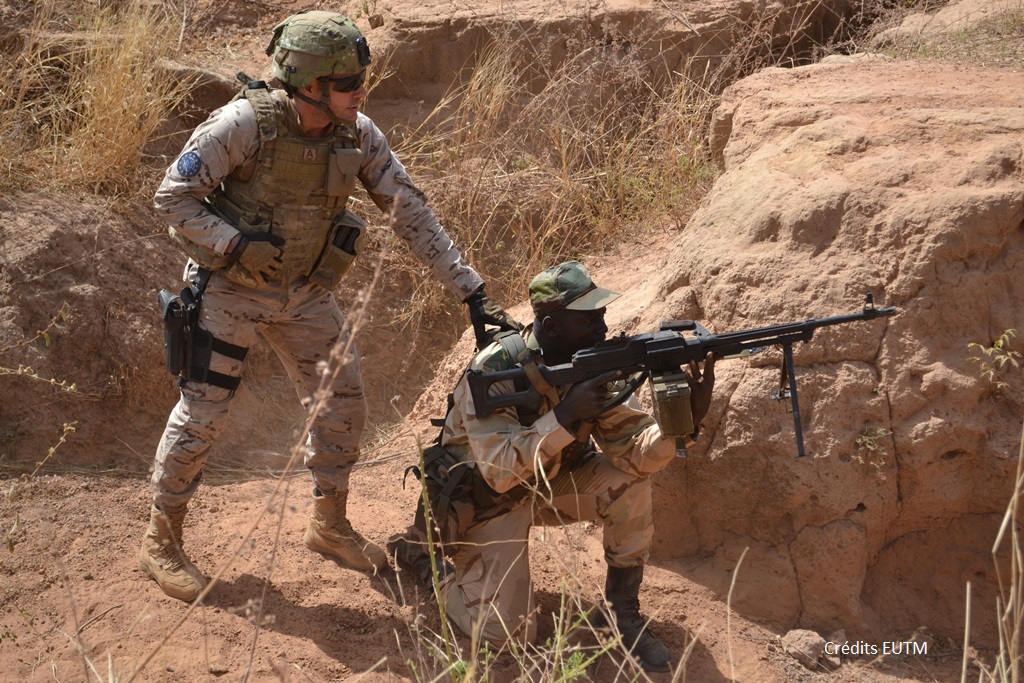Mali? A defeat for the UN and France

What happens in Mali. Giuseppe Gagliano's analysis
The current failure of the French mission in Mali should not arouse particular surprises since the current conflict situation has not only an ancient historical genesis but is the result of an extremely complex situation.
The conflict began in 2012, and began with the declaration of succession of the so-called Azawad, a succession of northern desert territory to which the subsequent invasion of the North by Islamist forces supported by indigenous formations was added.
If initially there were three active Islamist groups – Ansar Dine, Mujao and Aqmi -, at present there has been a fragmentation of the Islamist groups, which nevertheless have a common goal: that is to enslave Mali to Sharia law. Precisely for this reason the episodes of stoning, mutilation, destruction of mausoleums considered iconoclasts by Islamic fundamentalists have been – and are – on the agenda.
THE REASONS FOR TENSIONS IN MALI
One of the reasons – but certainly not the only one – of the current social conflict depends on the absolutely nefarious implications of French colonialism: let's not forget that Mali became independent from France in 1960.
A second reason depends on the permanent conflict between different ethnic groups, namely Bambara, Fulani, Sarakole, Senufo, Dogon, Malinke and Tuareg. Furthermore, the population, which is over 80% Muslim, is concentrated for more than 40% in urban areas.
Now, beyond the dramatic illiteracy rate that exceeds 65%, another reason for the conflict present in Mali depends on the one hand on the rich natural resources (gold, phosphates, salt, uranium, gypsum, granite, bauxite deposits, iron, tin and copper), and on the other hand by the scarcity of land, which is increasingly disputed also for a simple but dramatic climatic reason: the advance of the desert.
A fourth reason is linked to a clash between nomadic shepherds of the Fulani ethnic group and permanent farmers of the Dogon ethnic group. Well, this conflict can be defined as a real struggle for life. Between these two groups there are – at present – only clashes because both populations need more and more land. In short, theirs is a struggle for survival.
But the current conflictual drift is nevertheless also the consequence of the fact that the situation in the northern provinces of Mali was already critical.
In addition, in recent years, both the UN peacekeepers and the French military have been the subject of numerous deadly ambushes in the Gao and Timbuktu region. At present the situation is so out of control that by now the authorities are no longer able to establish whether these attacks come from fringes of the Islamist movements or instead from the Tuareg front. In fact, it is precisely these areas, that is the hot areas, where the future of Mali is now at stake.
THE LOSS OF CREDIBILITY OF THE MISSIONS
At this point, both the Serval operation and the French Barkhane operation no longer have any credibility as Macron implicitly made it clear. In fact, despite the presence in past years of almost 8000 effective soldiers, they have no control of the territory and above all are unable to prevent the games of alliances that Islamists and Tuareg have alternated for a long time now.
To all this we must also add the well-founded accusations of corruption and complicity in the arms trafficking affecting the region.
If the French troops are the object of constant target, similarly the UN operation called Minusma has been made the object of attacks by both terrorist groups and by the Tuareg. The effectiveness of the terrorist action is such that it was able to reach southern Mali as well.
Ultimately, if Afghanistan represented a blatant defeat for NATO and the United States, Mali – at least up to now – represents an evident defeat especially for the UN, for Europe and, in particular, for for France.
THE CRISIS IN MALI AND ITALY
As far as our country is concerned, bilateral agreements aimed at combating terrorism and above all illegal immigration are certainly understandable and necessary, as our participation in the "Task Force Takuba", operational in Mali since March 2020, demonstrates among other things. , which was initially established by France and 13 other European countries.
As we know, this mission aims to counter the activities of armed groups in the West African region in close coordination with the armies of Mali and Niger. Precisely in this context of collaboration we must read Di Maio's visit on May 6 to his counterpart Al Hamdou Ag Ilène, with whom he attended the signing of a peace agreement between the communities of Northern Mali.
However, a critical examination of the military operations conducted up to now reveals the failure of the operations conducted up to now by the West very clearly. In short, we are convinced that Mali could represent another Afghanistan. Therefore, even if our presence is necessary and understandable, we must realistically realize that our contribution will be absolutely marginal and will not modify in any way the current situation.
This is a machine translation from Italian language of a post published on Start Magazine at the URL https://www.startmag.it/mondo/mali-missioni-militari-sconfitta/ on Fri, 16 Jul 2021 10:20:31 +0000.
